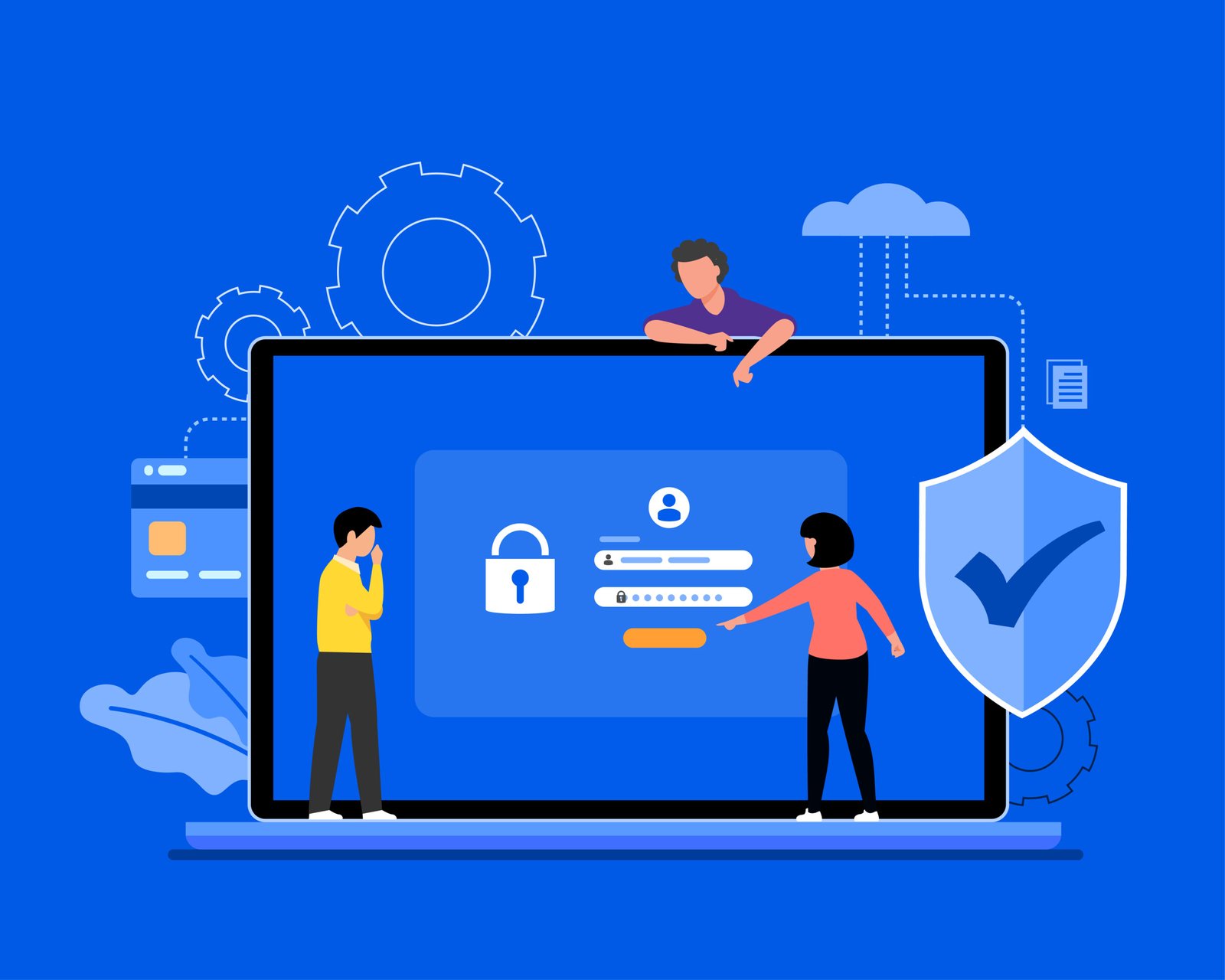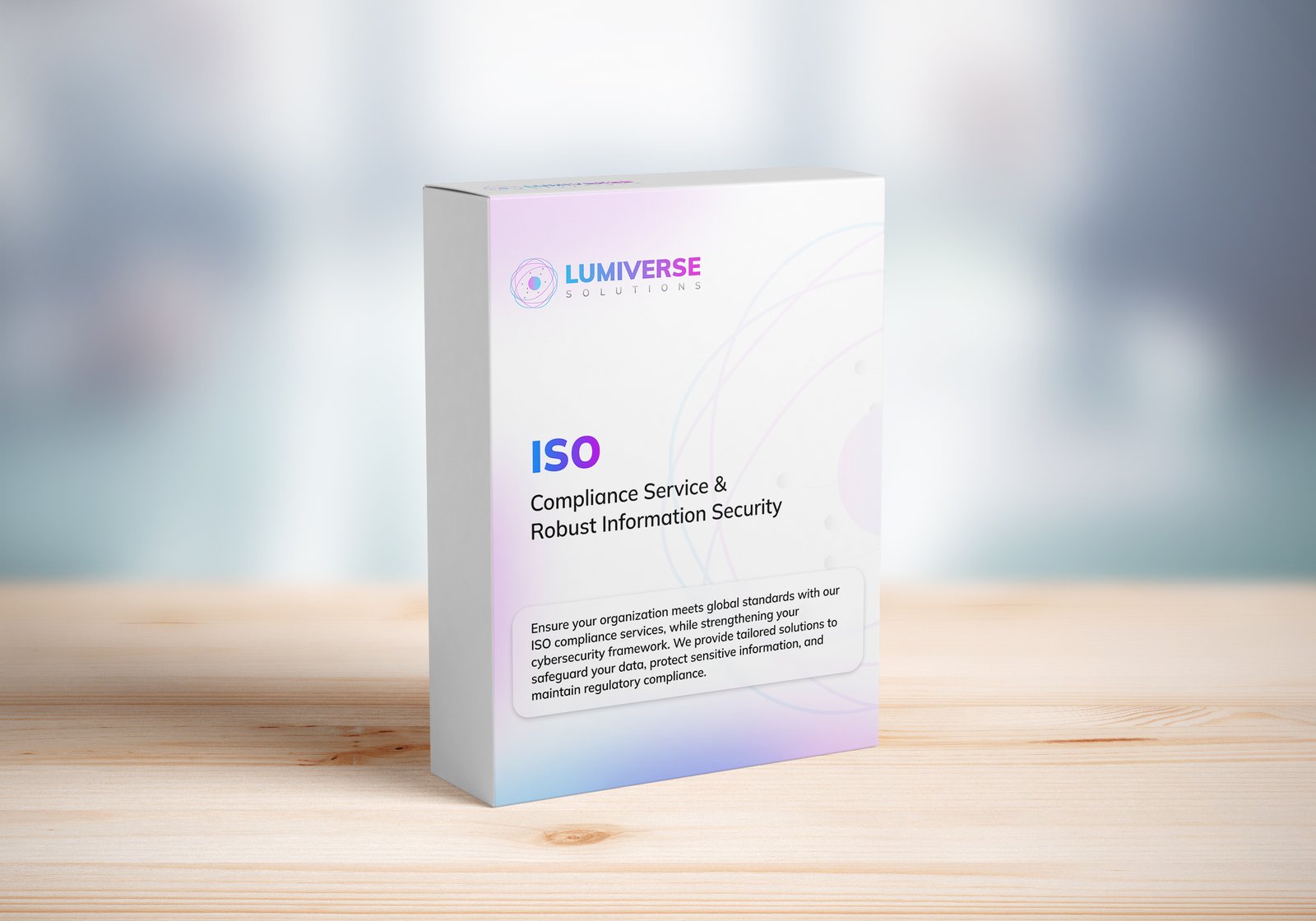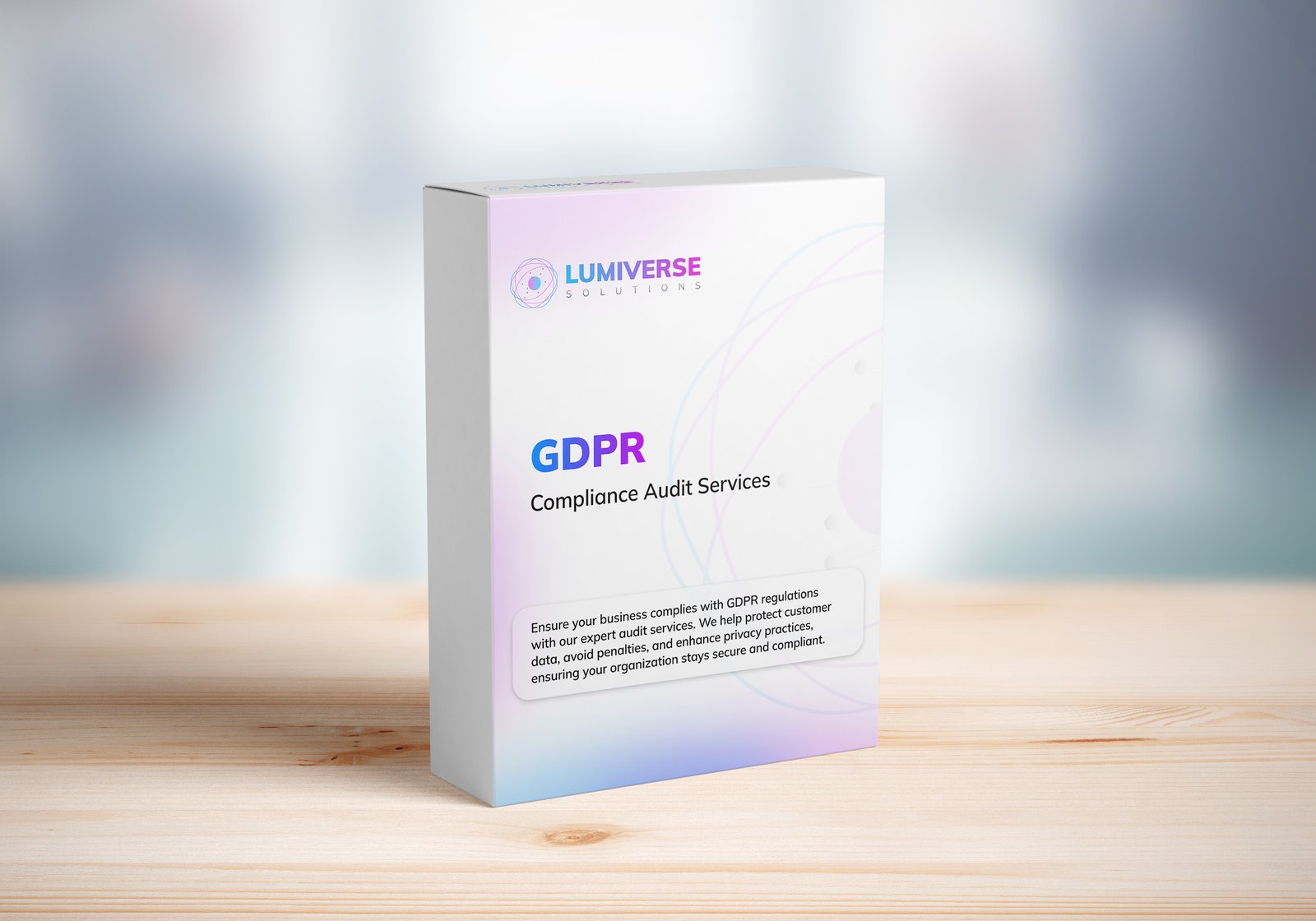How Governments Can Safeguard Citizen Data from Cyber Threats

INTRODUCTION
The concern for safeguarding citizen data protection has emerged as one of the most serious challenges that governments are faced with in this increasingly digital world. In addition to massive storage of personal, financial, and health data, this data is now transmitted digitally, so are the cyber threats to such information. Some of the dangers citizens have to live with in this digital age include cyberattacks, data breaches, and identity theft. It is important that the governments make wise use of cybersecurity measures and frameworks so the citizens data can be protected by the concerned government.
This blog would share with you what measures the governments can take against the emerging cyber threats for citizen data protection. Whether it is legislative action or technological approaches, we will focus on and draw upon comprehensive risk mitigation steps leading to privacy concerns.
Citizen Data Protection – Importance
It would form a core mandate of national security to protect their data with an integrated society being in place. In fact, the government already has huge reservoirs of citizen data, running from tax record, health records, biometric, social security numbers to even more. In fact, the door is simply open for violating personal rights along with cybercrimes, ID theft, etc.

Why Citizen Data Protection Matters
Personal Privacy: Protect private citizen information against unauthorized access to prevent identity theft and fraud.
Economic Security: Huge financial losses will happen both for the individual and for the economy due to data breaches and cybercrime.
Public Trust: Government institutions are eroding when they can not protect citizen data.
National Security: Cybercriminals or hostile state actors may use data breaches to compromise national security by gathering intelligence on citizens or even government officials.
Challenges to Citizen Data Protection
Before discussing how governments can protect citizen data, it’s important to understand the challenges they face. These include:
-
- The increasing volume of digital data
Citizens constantly interact with the government in regard to filing their taxes, applications for permits, and healthcare, among others. It creates an environment where information is constantly generated, and no one can confidently say that all is secure.
-
- Lack of Cyber Security Skills
Although the demand for cybersecurity professionals is increasing, the gap is still gigantic. The governments are unable to hire and retain qualified cyber defenders for protection against advanced attacks.
-
- Shifting Cyber Threats
Cyber threats change fast. From APT to phishing, ransomware, and data breaches, the governments need to be one step ahead of the tactics and technologies.
-
- Inadequate Budget and Resources
Many government agencies always have less allocation for budget, and this causes them to shy from applying the latest cyber security infrastructure. This makes
citizens’ data vulnerable to hackers.
-
- No Standardization Across Agencies
There are various government agencies that have different ways of doing things and policies to uphold when it comes to matters of cybersecurity. This makes it hard to maintain everything uniform across the government wings.
![]()
How Governments Can Safeguard Citizen Data
There are numerous ways in which governments can react to such problems and secure citizen data. The following steps can be adapted:
-
- Strengthening cybersecurity legislation.
Legislation and laws are primarily the backbone on which citizen data is protected. The government needs to enact a good cyber law to safeguard citizens’ personal data as well as sensitive information. These laws can range from different issues such as:
Data Breach Notification: The government should enact its law to make sure that organizations notify the data subjects in case of a breach.
Privacy Protection Laws: The law on privacy, such as GDPR in Europe, will ensure citizens’ data is collected, processed, and stored responsibly.
Cybersecurity Frameworks: Governments should promote and enforce the use of known cybersecurity frameworks such as NIST Cybersecurity Framework.
-
- Advanced Cybersecurity Technologies
Governments should embrace high-tech technologies to safeguard citizen data from cyber attacks. Some of the technological solutions that can be embraced are:
Encryption: All citizen sensitive data should be encrypted, at rest and in motion. This means it will become unreadable even if intercepted by malicious third parties.
Multi-Factor Authentication (MFA) : MFA is supposed to offer another security layer for citizen accounts, even if their passwords have been compromised and the citizen is not informed about this.
Artificial Intelligence/ Machine Learning: AI can be utilized for detecting anomalies in data transactions, predicting eventual breaches, and responding to these threats in real-time.
Blockchain: Blockchain technology will be useful to ensure that citizens’ data has transparency and an unalterable record.
The government must establish a particular agency that will oversee the safety of data in all branches. The agency will:
Educate people on how to keep their data safe.
Ensure all governmental organizations have adhered to set standards regarding cybersecurity.
Track and respond to incidents of data breach or other security breaches.

Educating the citizens about what phishing emails and other forms of social engineering tactics are.
Ensure they encourage proper use of strong passwords and MFA once they log in to the services from the government.
Outline ways to secure private devices that access the government portals.
-
- Critical Infrastructure
This nature of attacks poses a significant threat to citizen data held by such infrastructures; for instance, in cases where the attacked infrastructure is an energy grid, a water supply system, or even health services. Such systems ought to have in place cybersecurity to help them in resisting any type of cyber attacks.
Example,
Penetration Testing: Periodically conducting tests for vulnerabilities.
Network Segmentation: Isolation of the sensitive data to reduce attack surfaces.
Real-time Monitoring: This will constantly check systems to note anomalies or breach.
-
- Private Sector and International Organization Collaborations
Protection cannot be made for any citizens data. This will have protection from private and international organization, even governments to be dealt like a partner. Therefore, the collaboration can promote the dissemination of knowledge about the appearance of new information threats and consequently on new types of cybersecurity. National programs need to align toward the internationally developed standards for the protection of personal data – the case is with the European Union or with international organizations of the United Nations.
-
- Systemic Audits and Compliance Assessments
Governments must ensure that all their systems and agencies are compliant with cybersecurity standards through regular audits. This helps identify vulnerabilities, rectify security gaps, and reinforce the importance of citizen data protection across all government sectors.
Such governments should have a clear-cut guide on dealing with a breach of data and should carry out the appropriate legal procedure when necessary, alerting the public. It should also see to it that third-party contractors handling government data have security measures in place for auditing.
-
- Insider Threat Detection Systems Toughening
It is not an external threat at all. As intentional as unintentional, an insider threat holds great potential towards the citizen’s data protection. The governments, therefore, should use tools and systems that may be able to detect potential threats by insiders. These include the following:
Monitoring User Activity: Tracking employees accessing government databases with the intention of tracking unusual actions.
Access Controls: Ensure that only the amount of data that will facilitate government workers in completing their work is accessed by them.
In some other instances, there is a tendency that the data has to be transferred to entities like health organization or even a financial one. This should always be done with safety, and encryption, anonymization, as well as safe APIs can protect citizen data from being accessed wrongfully during the transfer.
-
- Crisis Management and Incident Response Plans
While the best of intentions exist, data breaches and cyberattacks will likely occur with or without it. The pertinent governments require a crisis management and incident response plan which has been fully communicated to minimize impacts of the attack. The following are features in the crisis management and incident response plan:

Incident Mitigation: Stated procedure of limiting and controlling data breach impact.
Post-Incident Analysis: Full examination of an incident to know what caused it and how similar breaches could be averted in the future.
Conclusion
In the era of fast digital transformation, citizen data protection has become the absolute responsibility of the government. The key for governments to protect citizens in the virtual world against cyber attacks would be the implementing of wide cybersecurity frameworks, investments in sophisticated technologies, and improving public awareness.
Indeed, citizen data protection isn’t anything else than just the shield for personal information and a method to protect the overall public trust that helps keep nation security alive, coupled with providing safe digital platforms where citizens could approach the services, confident in them.
Governments should take prompt and radical decisions to properly establish strong cybersecurity in place. Hence, they could protect sensitive information, reduce the risks of cyber threats, and lay a digital future with confidence.
Disclaimer
The article does not serve as a legal advisor. Governments must seek the opinions of cybersecurity professionals to create individualized solutions that would help citizens’ data secure.
Recent Posts
Categories
- Cyber Security
- Security Operations Center
- Cloud Security
- Case Study
- Technology Trends
Vulnerability Assessment & Penetration Testing (VAPT)
Buy our VAPT services to identify vulnerabilities, simulate real-world attacks, and strengthen your systems against cyber threats effectively.

iso compliance service
Buy our ISO Compliance services to streamline processes, ensure security, meet global standards, and maintain industry certifications with ease.

SOC 2 Compliance Audit
Ensure your business meets security, privacy, and compliance standards with our SOC 2 Compliance Audit services. Protect data, build trust, and stay secure. Buy our services today!

GDPR Compliance Audit Services
Ensure your organization meets GDPR standards with our expert compliance audit services. Protect data, avoid penalties, and enhance privacy practices. Buy our services today to stay secure and compliant!

Subscribe to our Research
Enter your email address to subscribe to Lumiverse Research and receive notifications of new posts by email.
Tell Us Your Opinion
We value your perspective! Share your thoughts, feedback, or questions below. Your opinion matters and helps create a richer, more engaging conversation. Let’s connect and hear what you think about this post!

